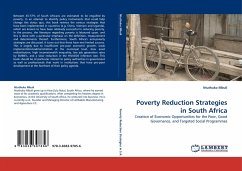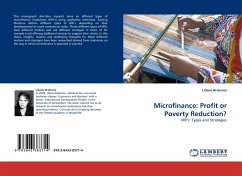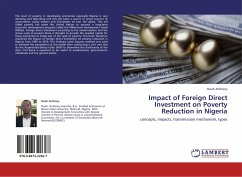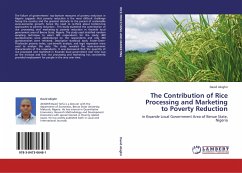Between 45-57% of South Africans are estimated to be engulfed by poverty. In an attempt to identify policy instruments that could help change this status quo, this book reviews the various strategies that have been implemented in countries (e.g. China, Vietnam and Uganda), which are known to have been relatively successful in reducing poverty. In the process, the literature regarding poverty is laboured upon, and this is done with a particular emphasis on the definition, measurement and determinants thereof. Furthermore, South Africa's anti-poverty strategies are discussed. It turns out that these have met limited success. This is largely due to insufficient pro-poor economic growth, weak implementation/administration at the municipal level, slow asset redistribution, high income/wealth inequality, low job generation rates by SMME's, and a slow reduction in the HIV/AIDS infection rate. This book should be of particular interest to policy authorities in government as well as professionals that work in institutions that have pro-poor development at the forefront of their policy agenda.








